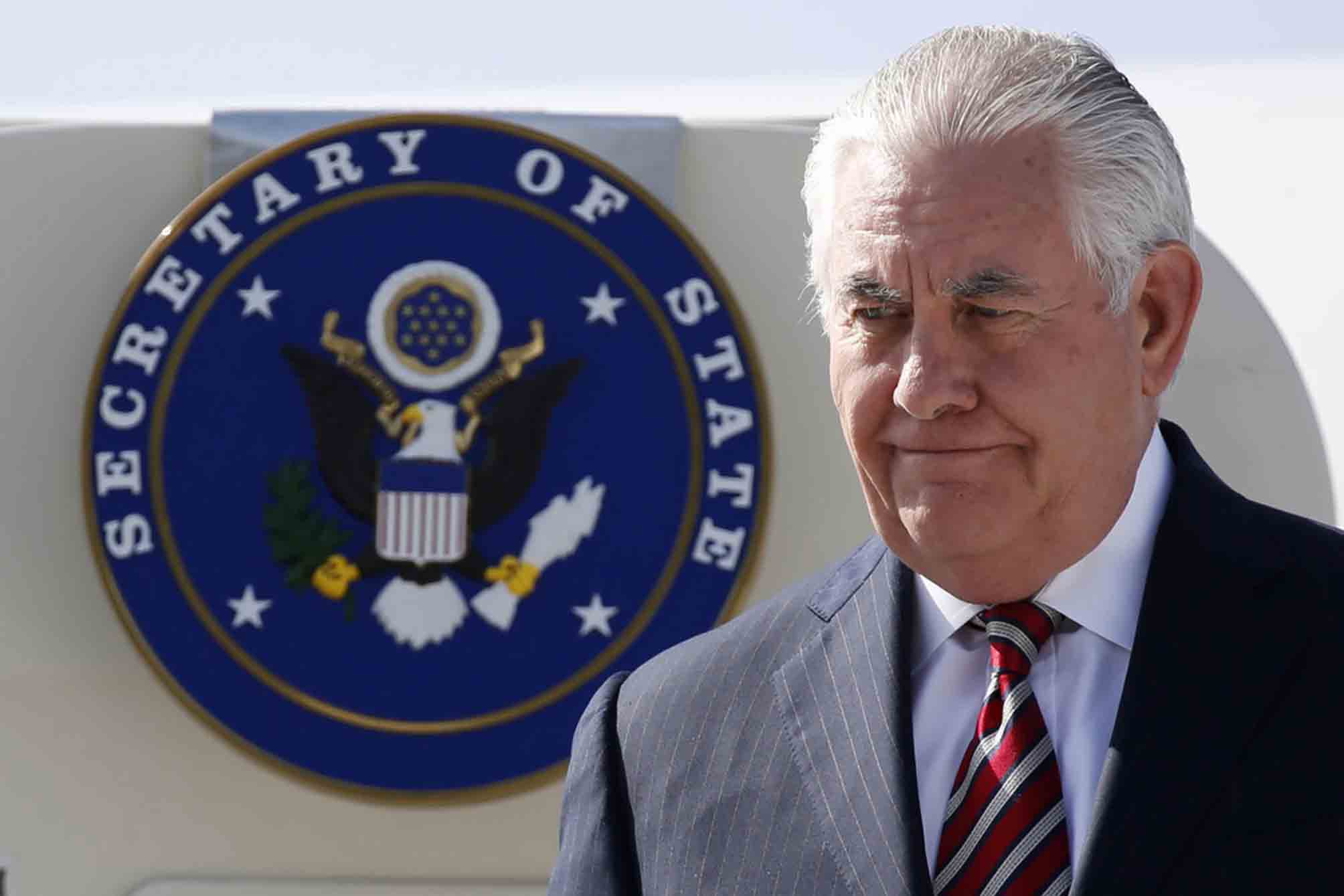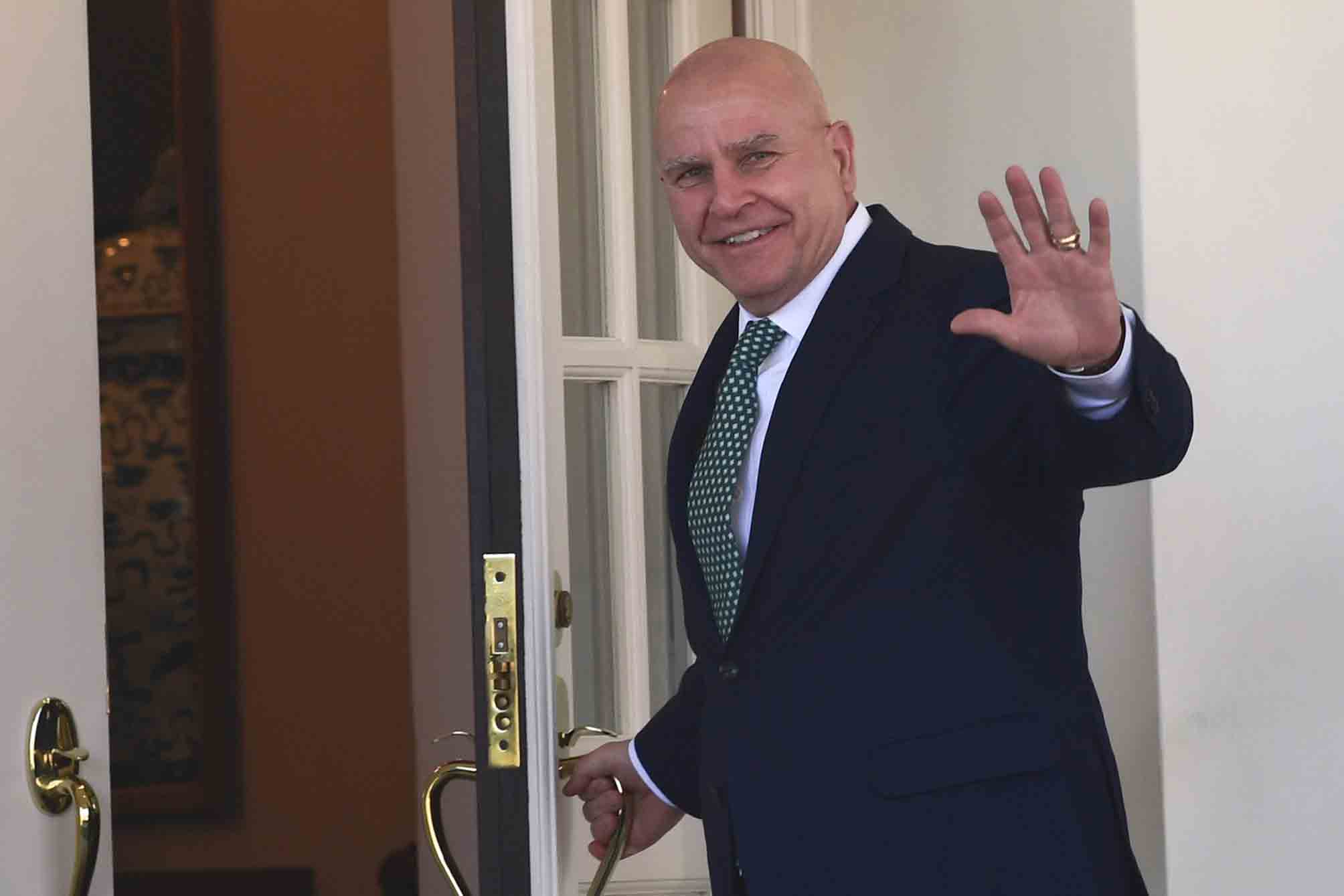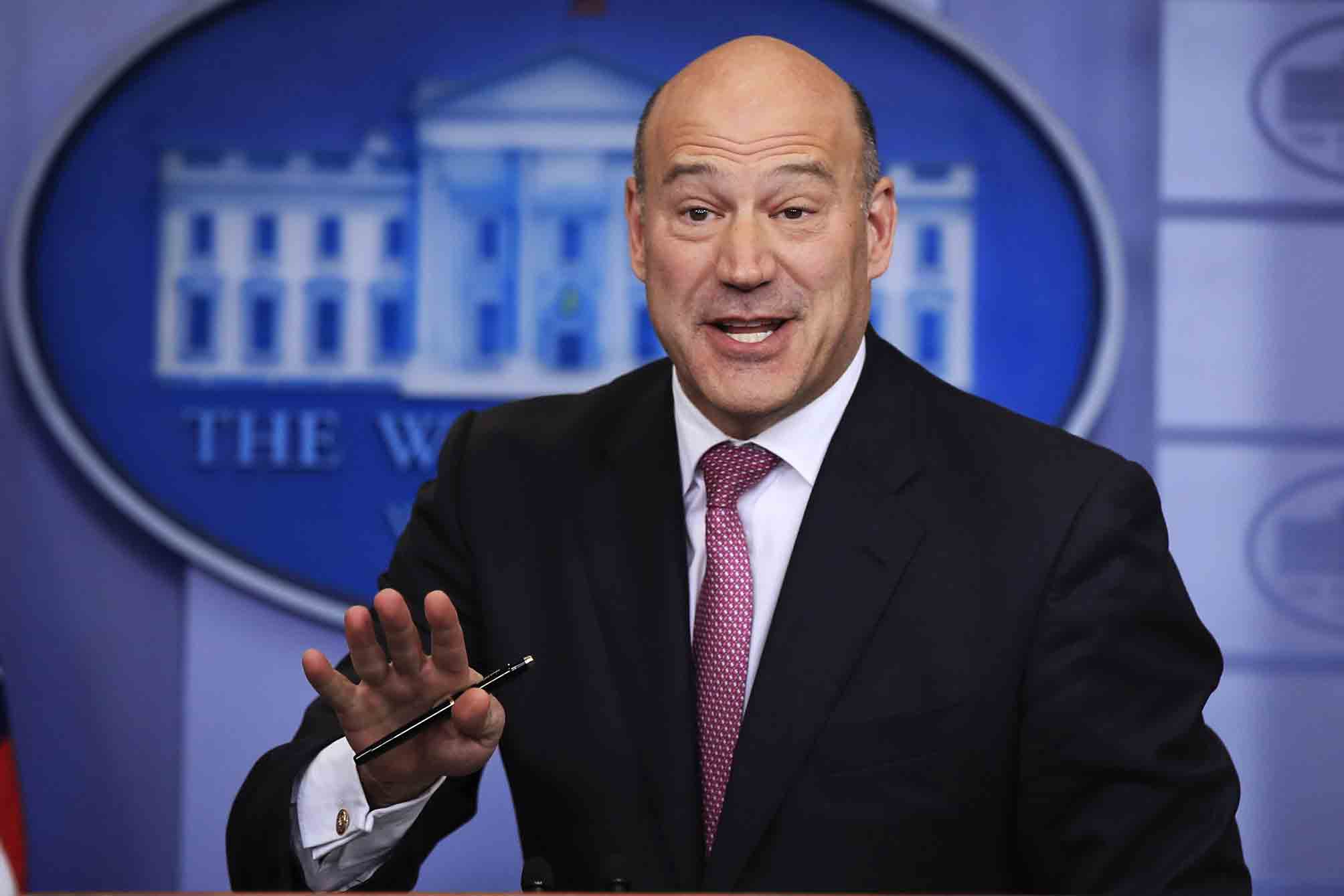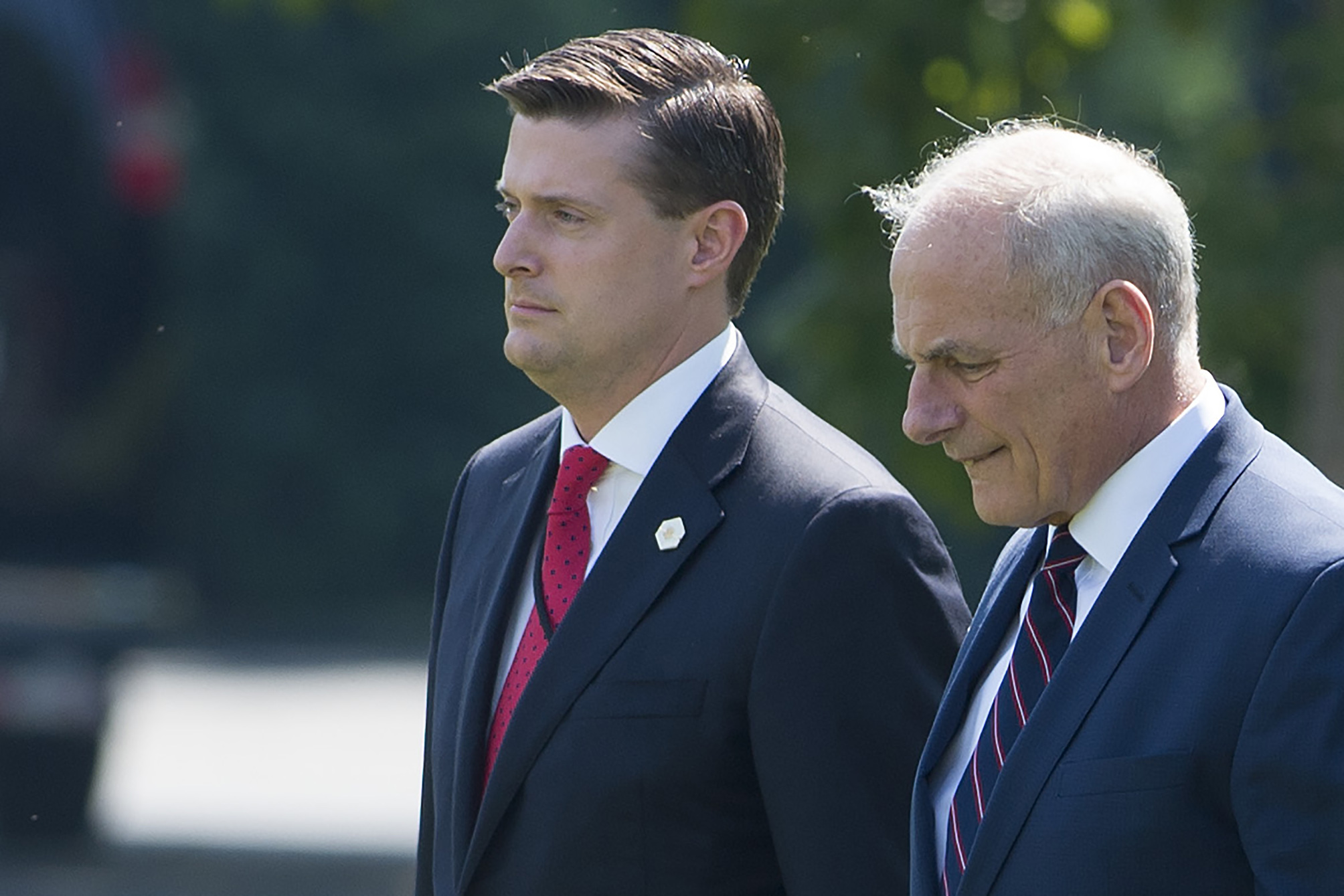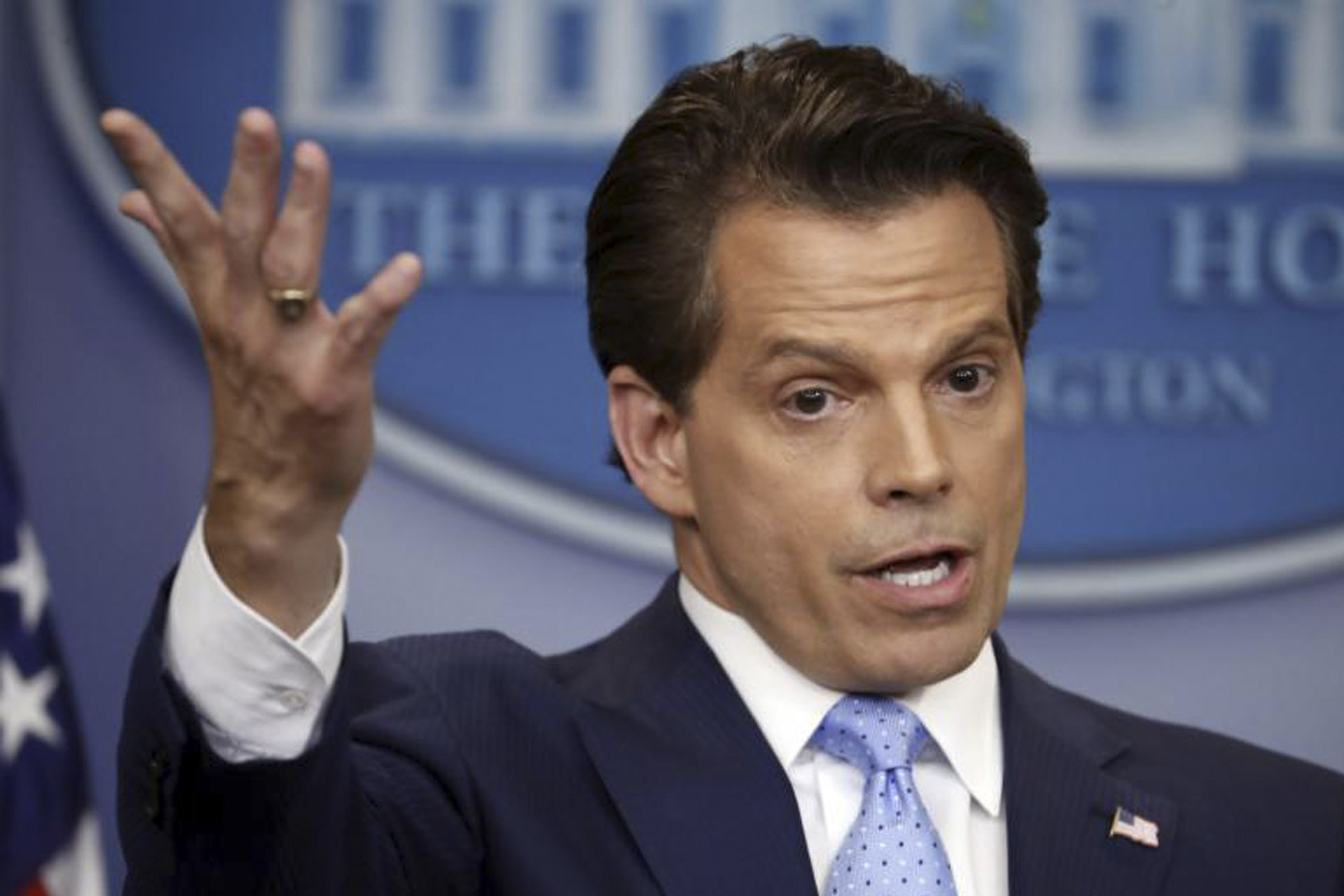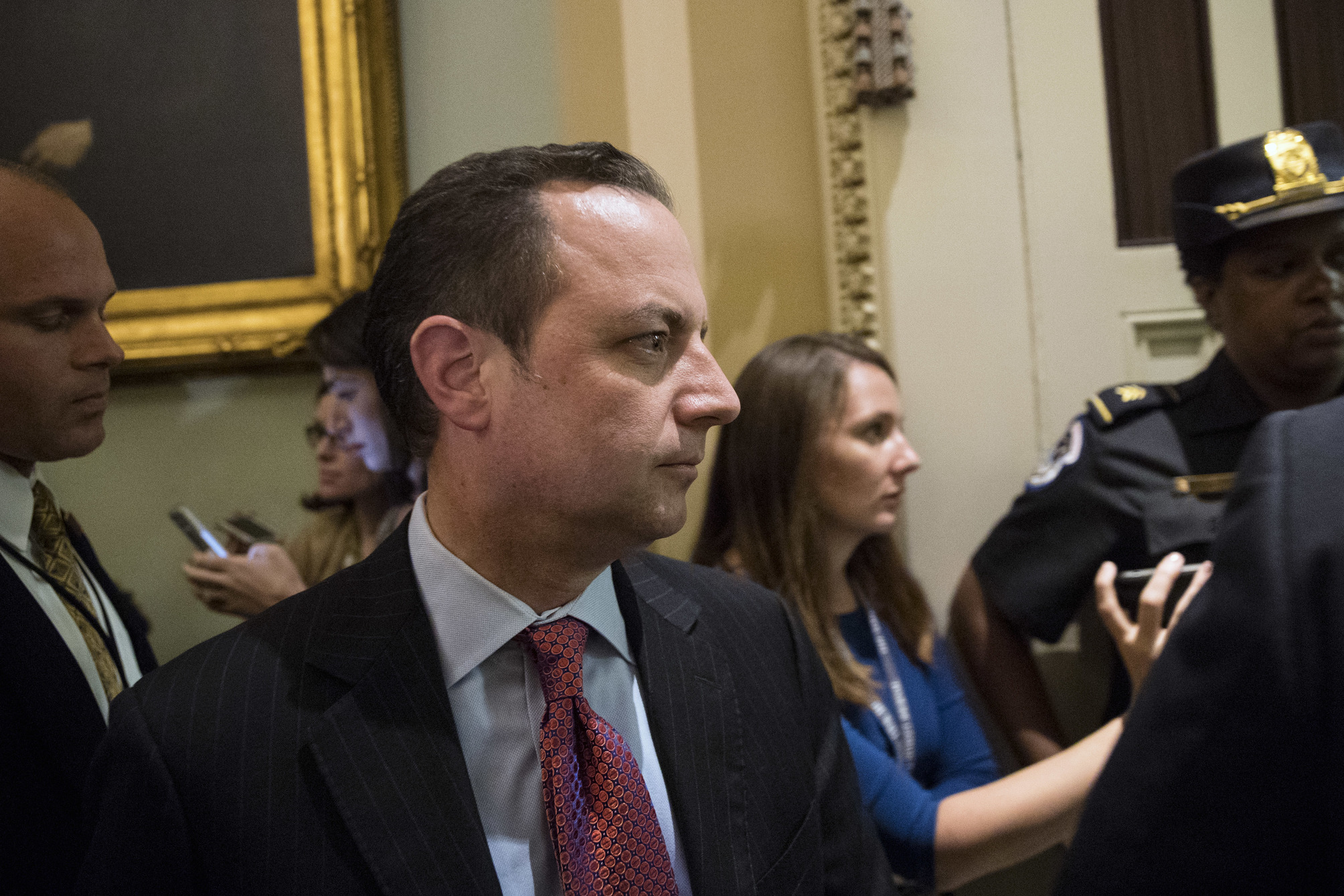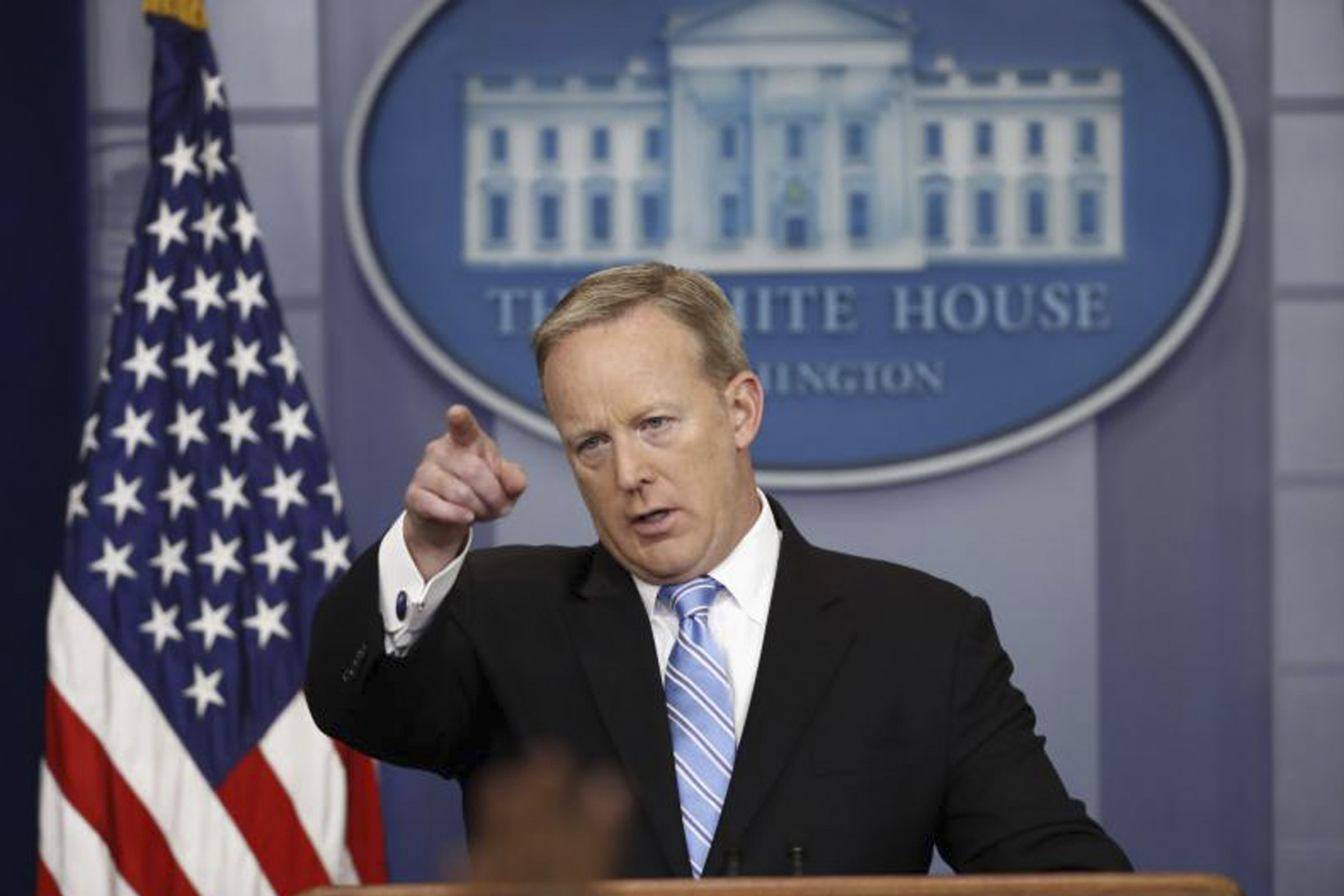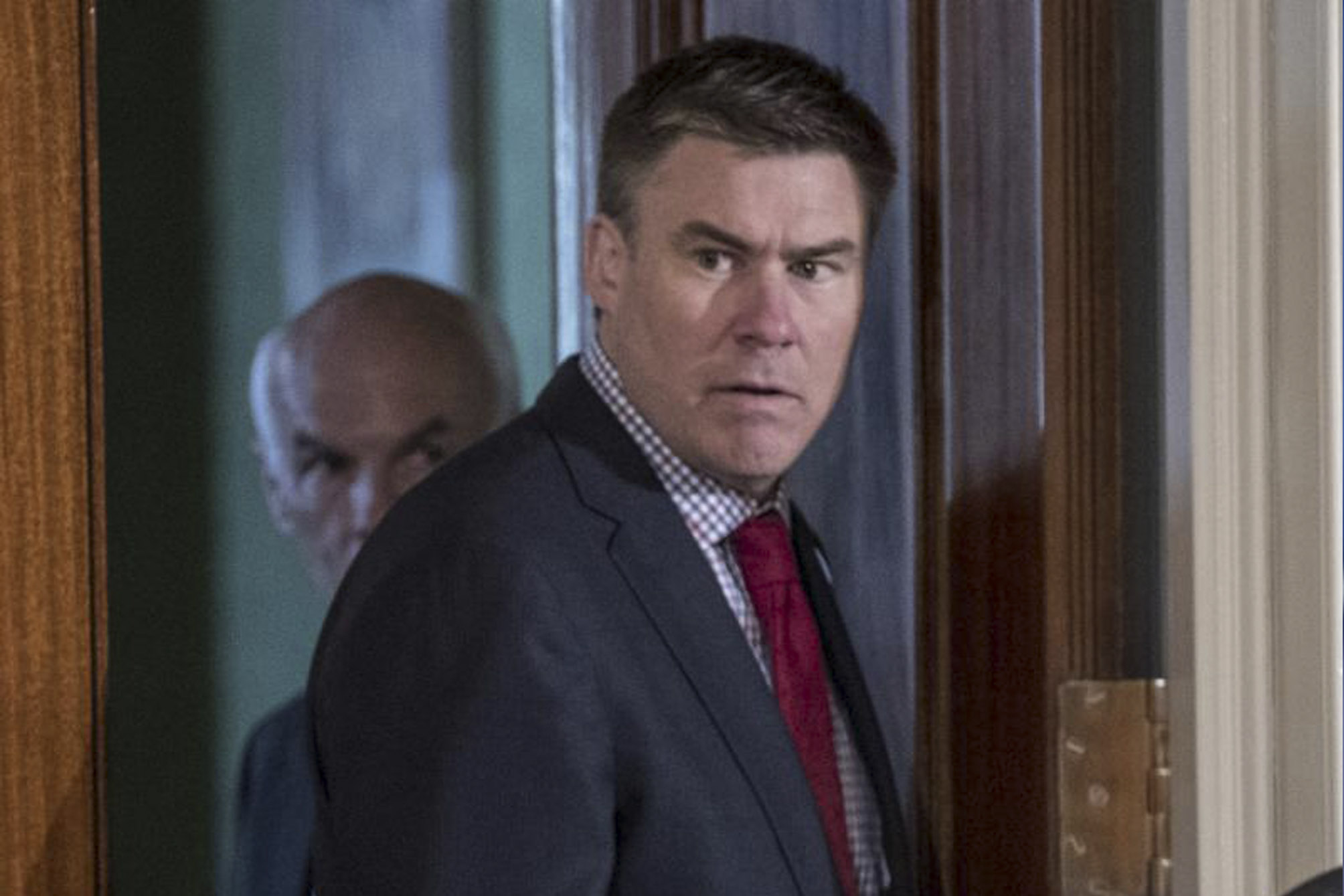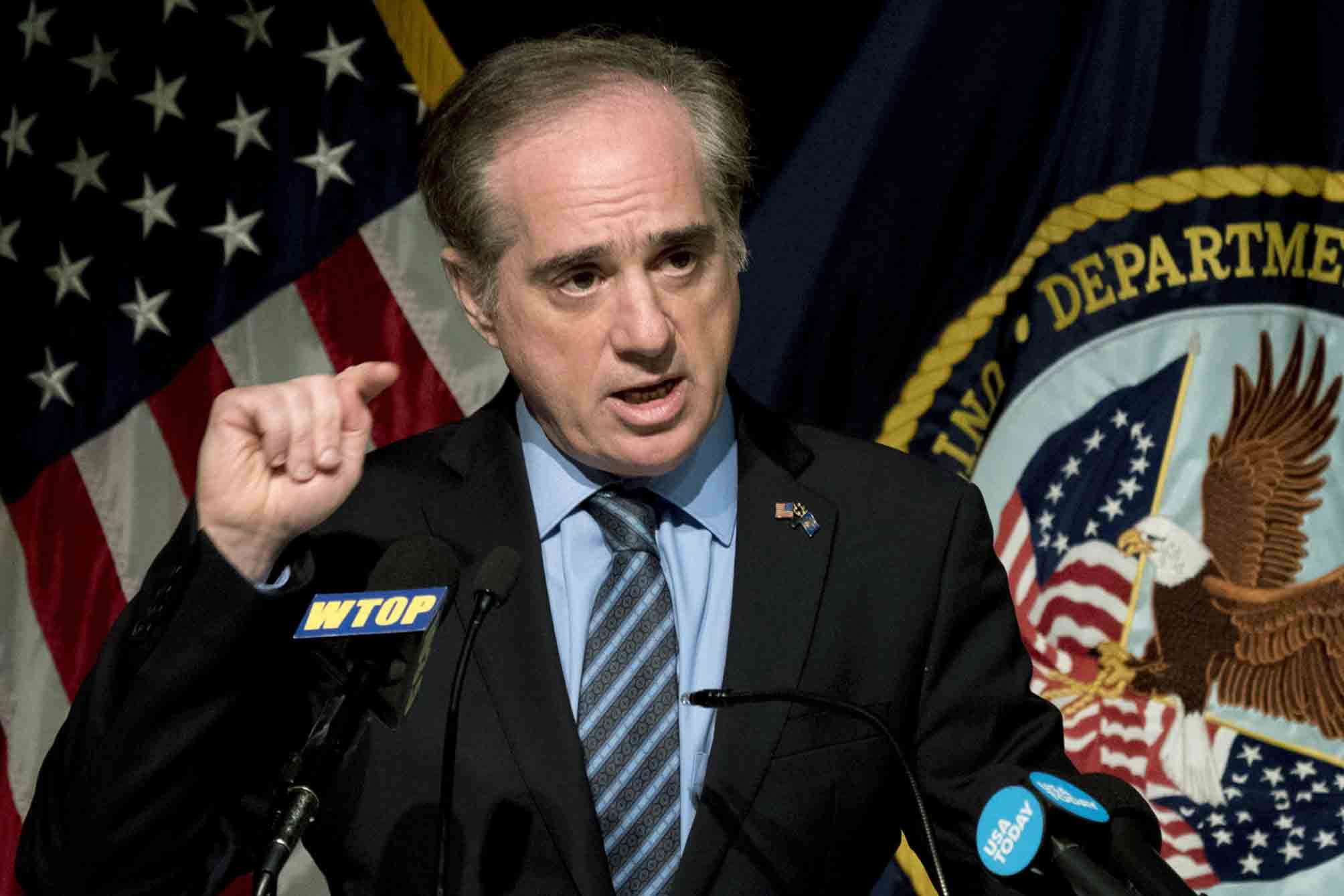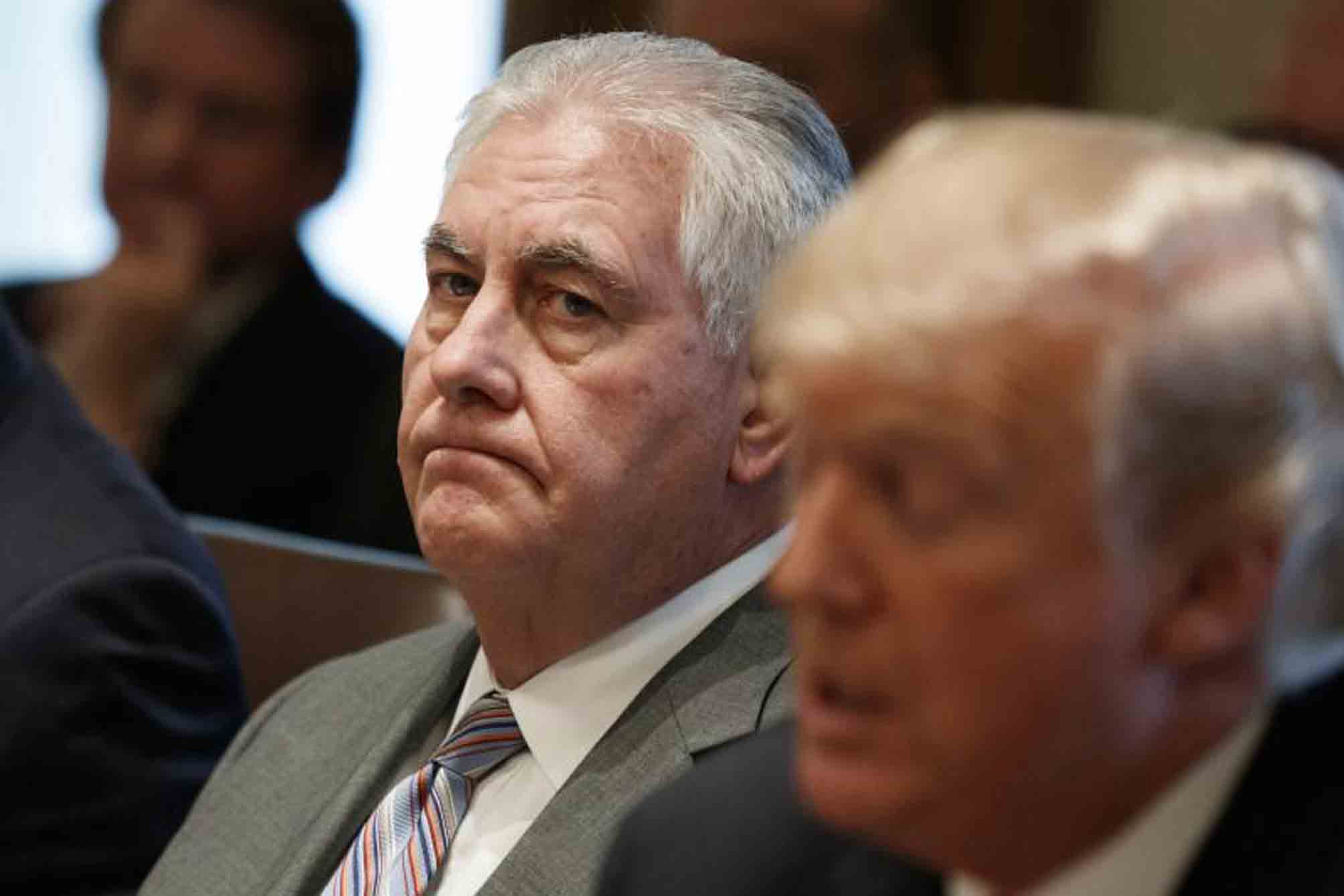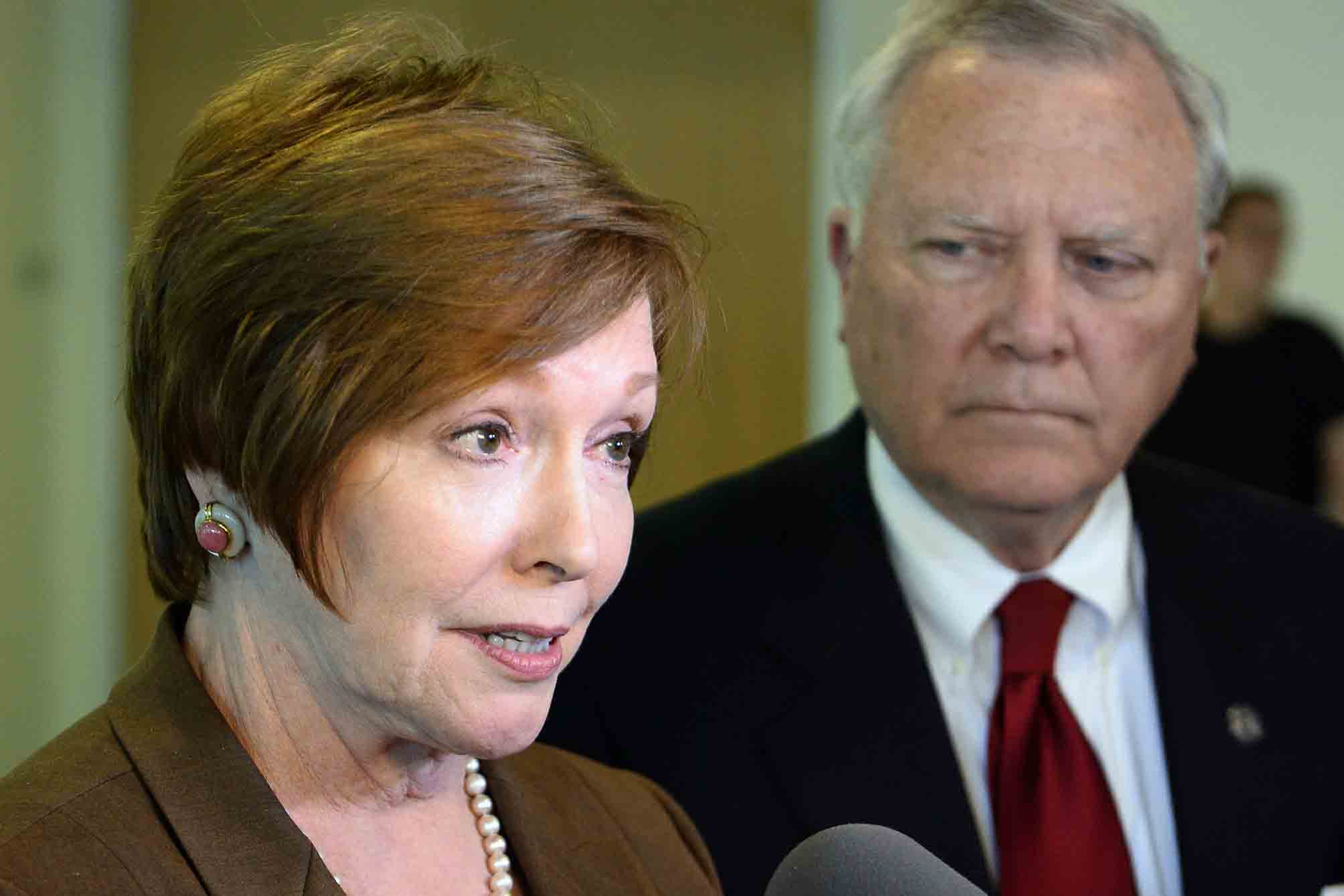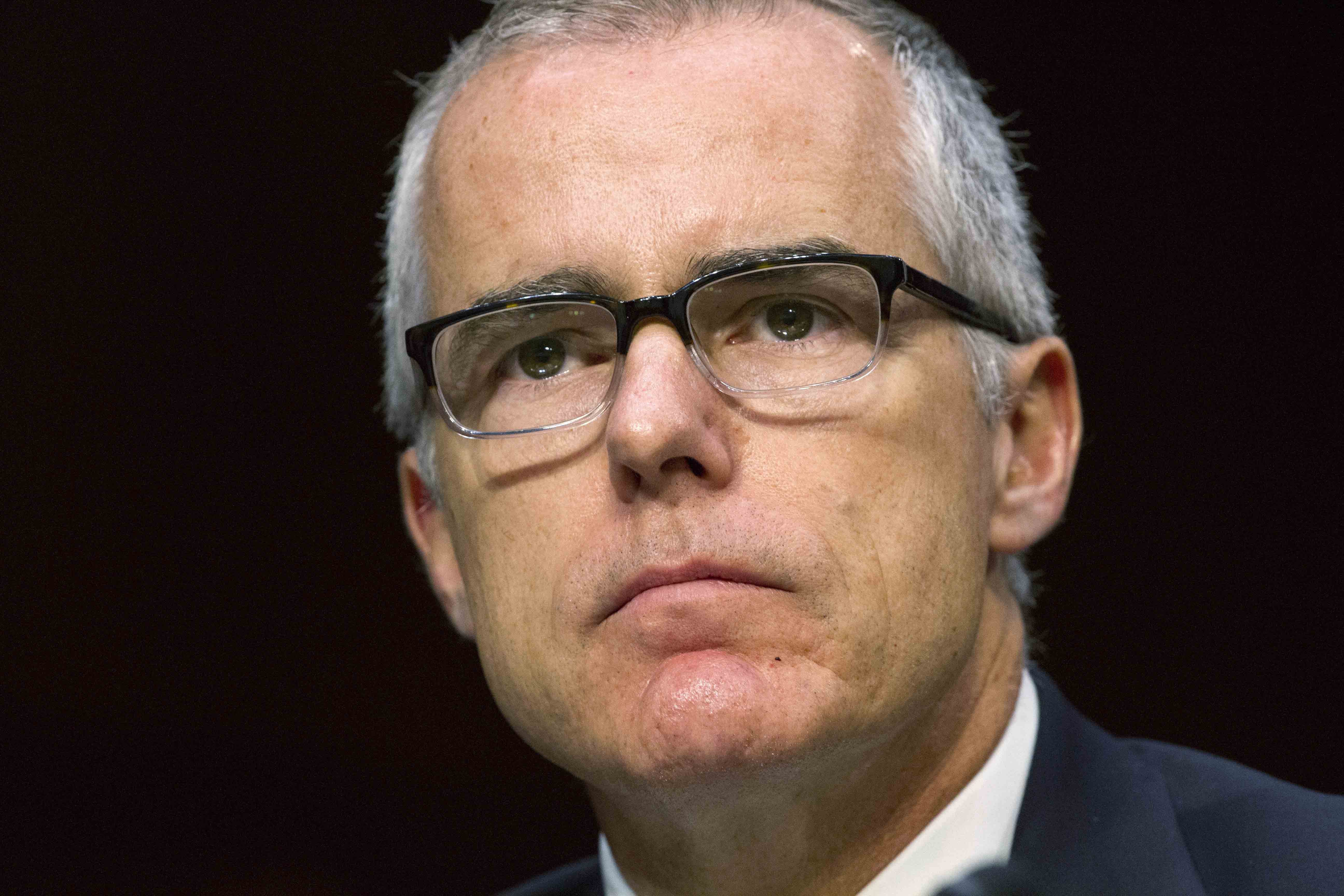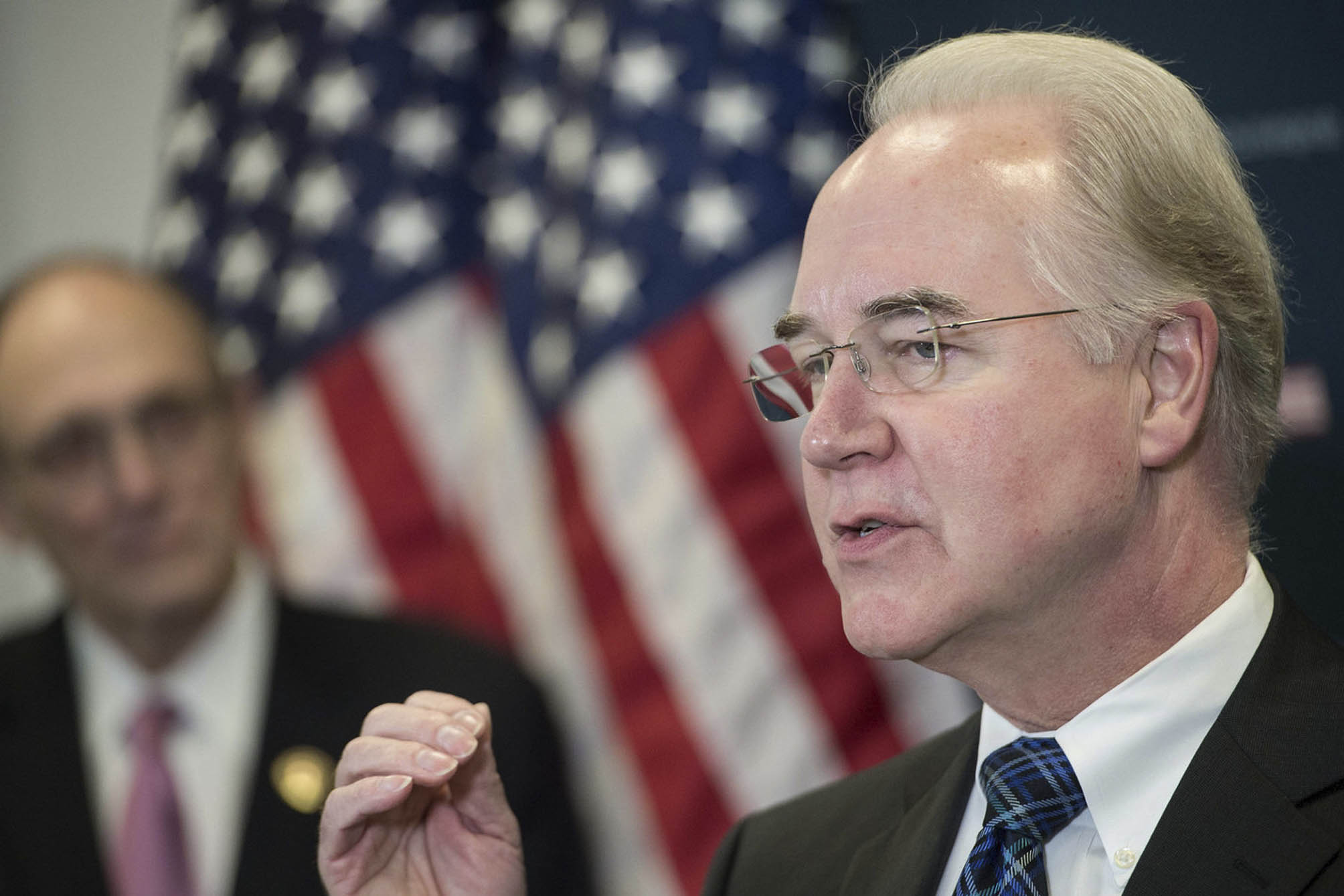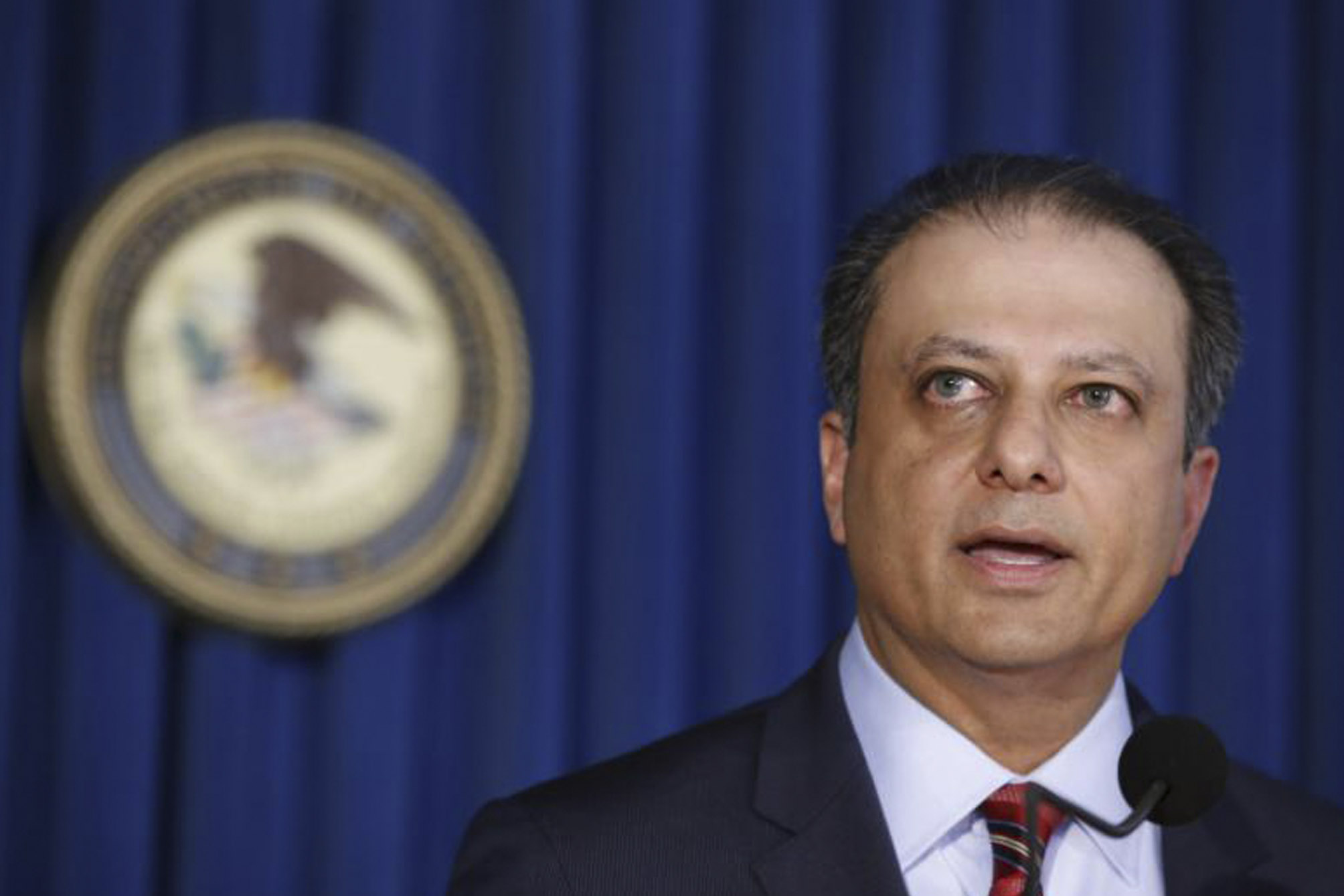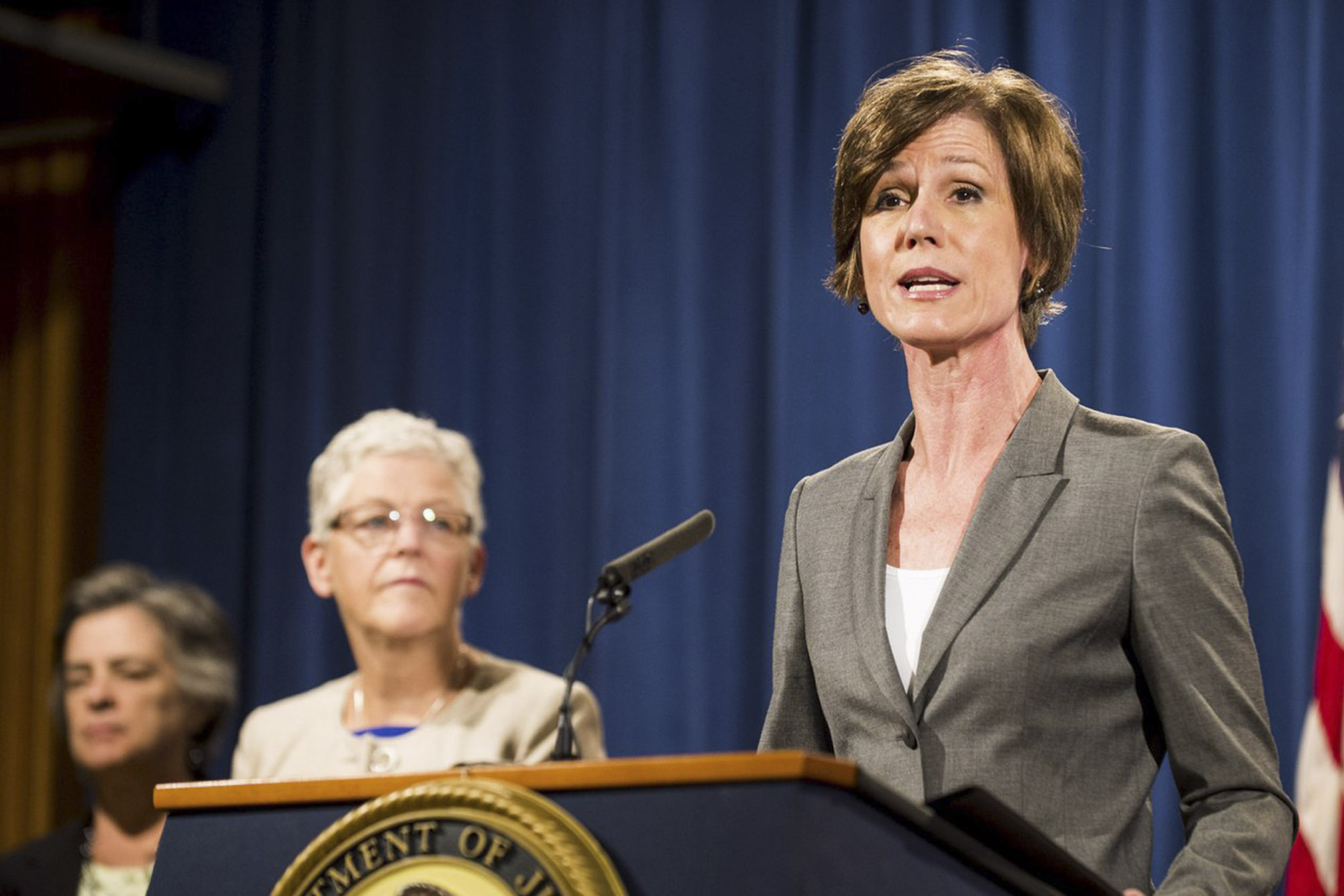Since taking office, Laura Curran, Long Island’s first female county executive, has had to focus on urgent county finances, the broken property assessment system and a barrage of late winter storms that required attention.
Read more about what Curran’s faced and her challenges to come here.
Here’s a snapshot of her term by the numbers:
100
days in officeNassau County Executive Laura Curran, 50, a Democrat from Baldwin, took office Jan. 1 after winning by a 3 percent margin in a hard fought race against former state Sen. Jack Martins, a Republican from Old Westbury. A mother of three who cast herself as a political outsider, she was a member of the Baldwin school board and was most recently a two-term county legislator. Of her first 100 days, she says: “You know what’s surprising? How much I actually love the job.”
4
Nor’eastersThe storms bringing heavy, wet snow, wind and ice meant Curran and her administration were busy clearing thousands of miles of county roads, responding to emergencies, with hundreds of homes without power. Next she will focus on resurfacing the roads, now riddled with potholes, because “those are the kinds of things people expect from their county government,” she said.
$45 million
in a legal judgmentDuring Curran’s second week in office, the county finds out it must pay damages and legal fees when the U.S. Supreme Court declines to hear Nassau’s appeal of the 2014 award to John Restivo and Dennis Halstead, whose convictions in the rape and murder of Lynbrook teenager Theresa Fusco were overturned after they had spent nearly 18 years in prison. Curran and the legislators had to decide on whether to borrow the money or pay for it out of a reserve fund. The Republican-controlled legislature approved a request for $23 million in borrowing. Former County Executive Edward Mangano in 2016 set aside $45 million in a reserve account. A federal court ordered the county to show it was able to pay the judgment using reserve funds or bonds.
3
executive ordersCurran signed three executive orders in her first 100 days in office. Two of them were steps toward fulfilling her campaign promise of addressing what she called “the culture of corruption” in Nassau County government. The first one bars appointed members of her administration from holding a leadership position in a political party or donating to her campaign. The second one establishes a zero-tolerance policy for gift-giving between vendors and county employees and introduced a new administrative program to promote standards of ethical contracting with outside firms. The third of Curran’s executive orders limits assessment increases caused by reassessment to 6 percent a year or 20 percent over five years for residential properties, in alignment with state law. Three members of her own party voted against the plan on concerns it would negatively impact property-owners who do not regularly grieve their taxes.
$2.2 million
to be borrowedThe amount she requested to borrow to pay two firms to reassess all county properties. The request was approved by the County Legislature.
$3 billion
county budgetNassau’s $3 billion budget could have a deficit as large as $104.7 million in fiscal year 2018, according to an analysis from the Nassau Interim Finance authority, the state-appointed board that controls the county’s finances. Curran appeared before the board in April saying she was “looking forward to a good relationship going forward” with NIFA. “You have seen the budget that we have given to you and [I’m] hoping that you find it acceptable,” she told authority members, “and of course we are open to conversation and flexibility.”
700
signs with her predecessor’s nameShortly after the election, Curran asked the administration of outgoing County Executive Edward Mangano to keep her name off all official signs, fulfilling a campaign promise. Mangano’s name appeared on about 700 signs across the county, his chief of staff said at the time. The process of removing his name or replacing the signs is ongoing.
-With Scott Eidler and Robert Brodsky

